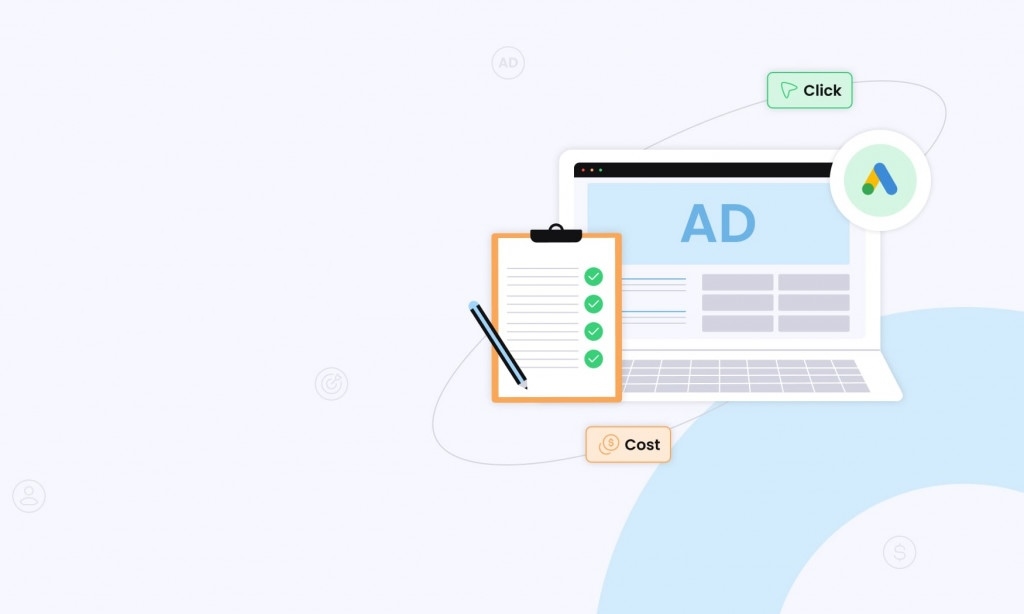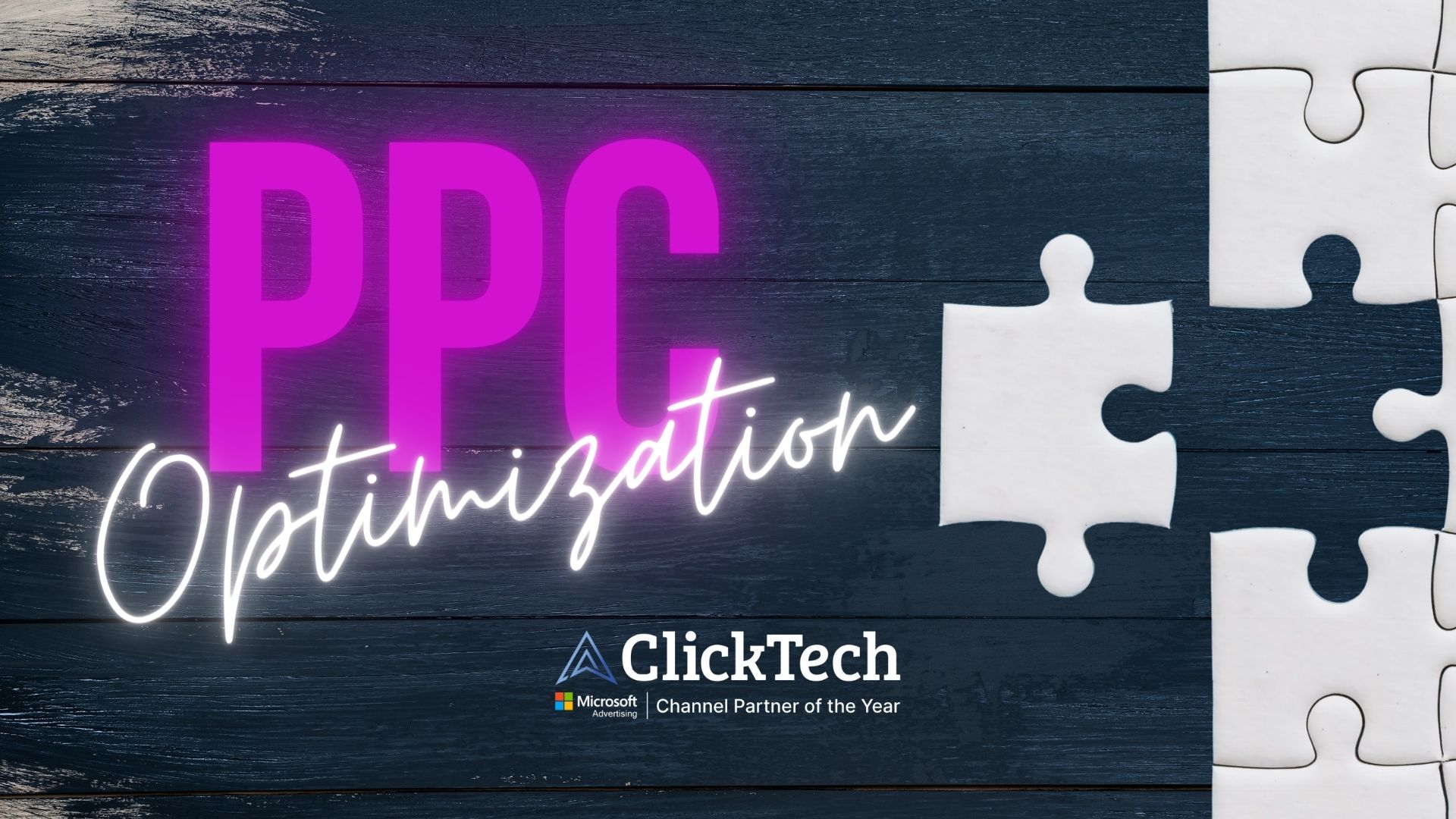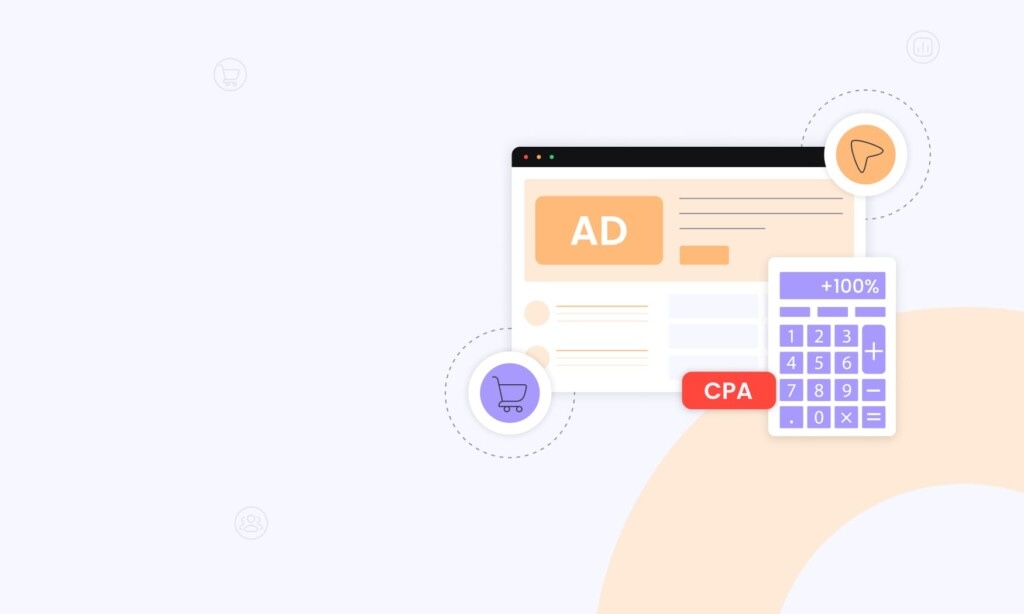
10 Tips To Optimize Your PPC Campaigns


Successful PPC campaigns hinge on multiple factors, including targeting audiences strategically, crafting compelling ad copy, and optimizing the user's journey from click to conversion.
Components like Quality Score, negative keywords, and competitor strategies can also refine your campaigns for better performance.
From improving your ad copy to leveraging ad extensions and focusing on mobile users, these strategies are designed to improve the relevance, reach, and responsiveness of your PPC campaigns.
1. Refine Your Targeting
Use the detailed targeting options available in your PPC platform to reach the most relevant audience. This includes targeting by demographics, interests, geography, and behavior.
Also, consider using retargeting strategies to capture users who have previously interacted with your website but did not convert.
2. Optimize Your Ad Copy
Your ad copy should directly address the needs or problems of your target audience. Use clear, persuasive language and include strong calls-to-action (CTA) that encourage users to take the next step.
Testing different versions of your ad copy can help identify the most effective messages.
3. Use High-Quality Landing Pages
The landing page is where your potential customers arrive after clicking your ad, and it plays a crucial role in conversion.
Your landing pages should be fast-loading, easy to navigate, and clearly connected to your ad in order to maximize conversions.
If your ad is for a specific product or service, make sure it’s prominently featured on the landing page.
Don’t make visitors search for the thing they were promised in the ad. The content should be engaging, and the CTA clear and prominent.
4. Implement Conversion Tracking
Conversion tracking is essential for measuring and improving PPC performance.
Conversion tracking empowers you to make informed optimization decisions and allocate your budget more effectively based on the ads, keywords, and campaigns that are driving conversions.
5. Testing & Optimization
PPC advertising requires ongoing optimization to achieve the best results.
Use A/B testing to compare performance and continuously refine your approach based on data-driven insights. Regularly test different elements of your campaigns, including ad copy, targeting options, bid strategies, and landing pages.
6. Incorporate Ad Extensions
Ad extensions expand your advertisement with additional information, offering several benefits such as improving your ad's visibility and providing extra links to your website.
Extensions can include call buttons, location information, additional webpage links, and even snippets of information about products or services.
These extensions not only make your ad more appealing but also increase its click-through rate (CTR), potentially leading to higher conversion rates.
7. Optimize PPC Campaigns for Mobile Users
Given that most people access the internet primarily from their smartphones, it’s essential to optimize your PPC ads and landing pages for mobile users.
This includes using mobile-friendly ad formats, ensuring your website is responsive, and making navigation easy on smaller screens.
Maintaining the loading speed of your mobile site is important too, as slower load times can significantly impact conversion rates. Always check this yourself on your mobile devices.
8. Focus on Quality Score
Google Ads uses Quality Score as a measure of the relevance and quality of your ads and keywords, and a higher Quality Score can lead to lower costs and better ad positions.
You can improve your Quality Score by matching your ads as closely as possible with your target keywords and by optimizing your landing pages for both relevance and user experience.
9. Leverage Negative Keywords
Negative keywords help you exclude search terms from your campaigns that are not a good match for your product or service.
Adding negative keywords to your campaigns can reduce your ads’ appearances from irrelevant audiences, improving your campaigns’ efficiency and conserving your budget for qualified leads.
10. Analyze & Adopt Winning Competitor Strategies
Competitors can provide valuable insights into what might work well in your own campaigns. You can use tools to track and analyze your competitors' ad strategies, including their keyword choices and ad copy.
While you shouldn’t copy them, you can certainly identify gaps in your own strategy or opportunities to differentiate your brand and capture a larger share of the market.
What Are You Waiting For?
Remember, the key to PPC success lies in understanding your audience, offering them value through your ads, and continuously optimizing your campaigns based on performance data.
Finally, for the best results from your PPC advertising, take a look at ClickTech's multi-award-winning platform Adzooma, which analyzes your ad accounts in minutes and instantly highlights areas that require attention.
Stay on top of your campaigns easily with daily monitoring and instantly actionable recommendations to boost performance in just a few clicks. Click here to try it for free.



